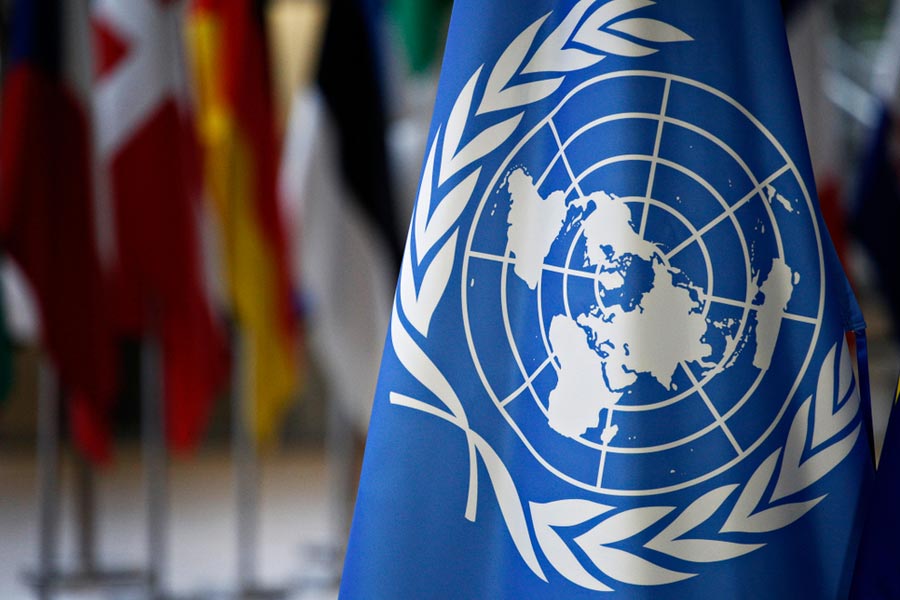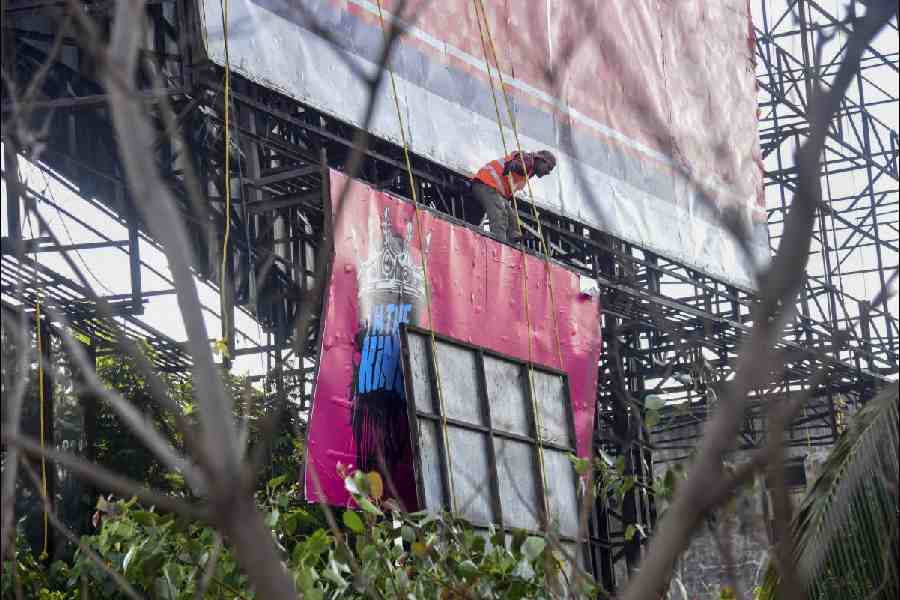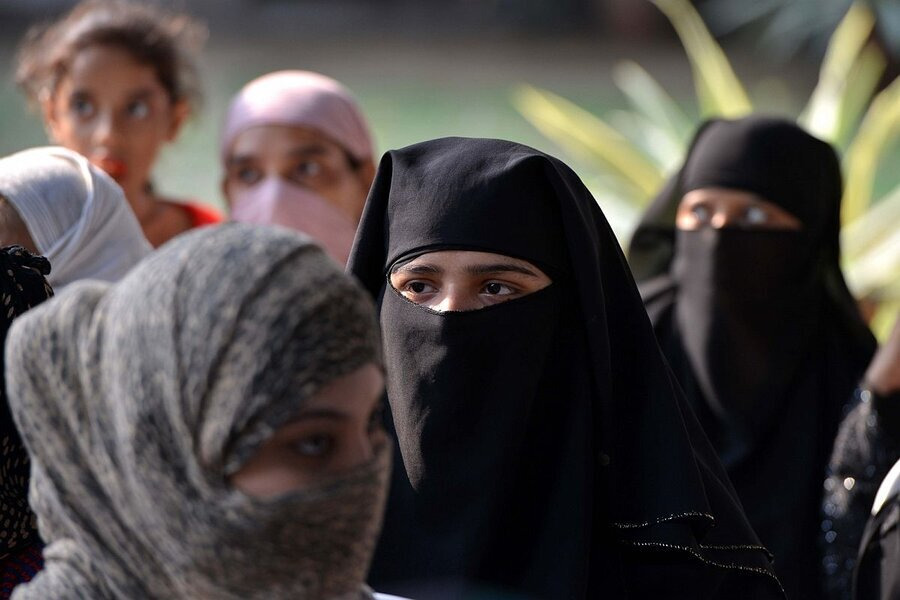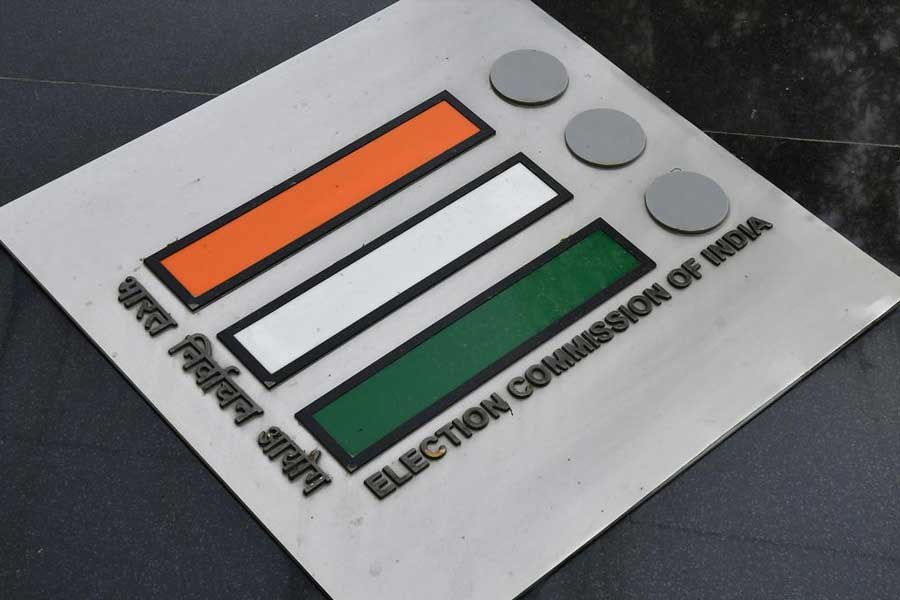Japan is set to receive a report from a UN nuclear watchdog on Tuesday approving its plan to release treated radioactive water from the tsunami-wrecked Fukushima plant into the ocean despite fierce resistance from Beijing and some local opposition.
International Atomic Energy Agency (IAEA) chief Rafael Grossi begins a four-day visit to Japan on Tuesday, when he will meet with Prime Minister Fumio Kishida and deliver the results of the agency's final two-year safety review.
Japan has not specified a date to start the water release, which will take 30 to 40 years to complete, pending the IAEA's review and official approval from the national nuclear regulatory body for Tokyo Electric Power (Tepco). The nuclear regulator's final word could come as early as this week.
Some Japanese fishing unions have opposed the government's plan, conceived in 2021, saying it would undo work to repair their reputations after several countries banned some Japanese food products following the 2011 disaster.
Some neighbouring countries have over the years also complained about the threat to the marine environment and public health, with Beijing emerging as the biggest critic of the plan.
Through its embassy in Japan, Beijing on Tuesday said the IAEA's report cannot be a "pass" for the water release and called for the plan's suspension.
Japan maintains the process is safe as it has treated the water - enough to fill 500 Olympic-sized swimming pools - used to cool the fuel rods of the Fukushima plant after it was damaged by the earthquake and tsunami in 2011.
The water has been filtered to remove most radioactive elements except for tritium, an isotope of hydrogen that is difficult to separate from water. The treated water will be diluted to well below internationally approved levels of tritium before being released into the Pacific Ocean.
In a presentation given to foreign journalists in China last month, Japanese officials said the tritium levels in the water it plans to release are lower than that found in waste water regularly released by nuclear plants around the world, including in China.
The officials said that they had made multiple and repeated attempts to explain the science behind Tokyo's stance to Beijing, but that its offers had been ignored.
China on Tuesday said Japan's comparison of the tritium levels in the treated water and waste water was "completely confusing concepts and misleading public opinion."
IAEA's Grossi will visit the Fukushima plant on Wednesday. After his Japan trip, he is also due to visit South Korea, where consumers have been
snapping up sea salt
and other items ahead of the water release.
He is also expected to visit New Zealand and the Cook Islands in a bid to ease concerns over the plan, according to media reports.











